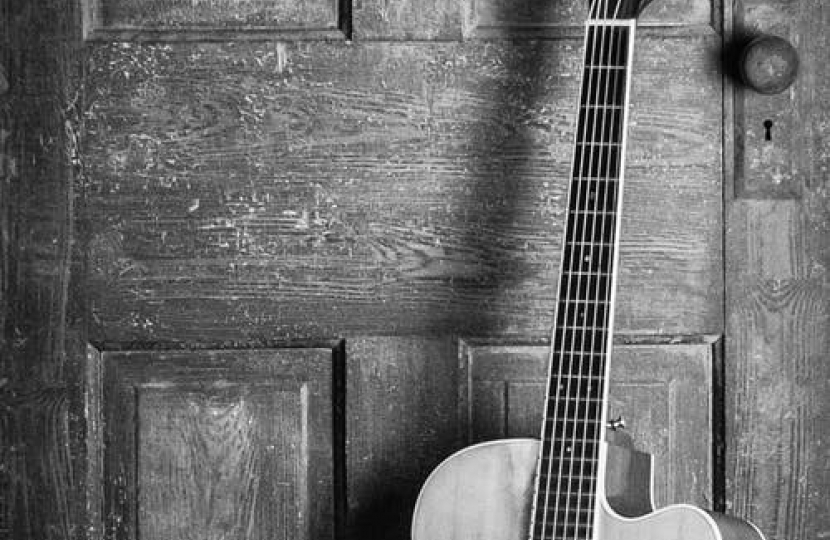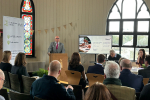
Government to hit local voluntary groups across Pembrokeshire with new music charges Churches, village halls, charity shops and sports clubs across Pembrokeshire face a new £20 million tax from Gordon Brown's Government, Conservative parliamentary candidate Simon Hart warned today.
In the small print of obscure new regulations, the Government is abolishing charities' and voluntary groups' long‐standing exemption from music licensing rules – hitting them with unexpected new bills of around £80 each just for holding events with recorded music or for playing a radio.
To date, voluntary groups have not had to pay for a so‐called "PPL" performance rights licence in order to play recorded music. This exemption reflects the public benefit that such organisations provide, but this is now being abolished by the Government.
Simon Hart said: "This is another Labour assault on the fabric of British community life.
"Having effectively shut down post offices and local pubs across Pembrokeshire, Labour's Whitehall bureaucrats now have our village halls, scout huts, charity shops and churches in their sights. This is a heartless tax on community buildings and charities. The Government should think again and not stop the music."
The changes will affect church worship, charity discos, tea dances, youth clubs, dancing groups, sports clubs and even charity shops which have a radio in their staff room.
The new levy will come into effect in April 2010 once the new regulations are ratified by Parliament. Conservatives are opposing these changes and standing up for local voluntary groups.
The Government admits that the new levies will cost voluntary groups £20 million a year. Some organisations will "cease playing music" because they cannot afford a licence, and it will hit a quarter
of a million organisations – 140,000 charities, 6,750 charity shops, 66,440 sports clubs, 4,000 community buildings, 5,000 rural halls and 45,000 religious buildings.
These new levies are on top of bureaucratic rules imposed by the Licensing Act 2003, which requires expensive 'premises licences' for village halls to hold regular small‐scale social functions, and which has imposed new red tape to play unamplified live music.

